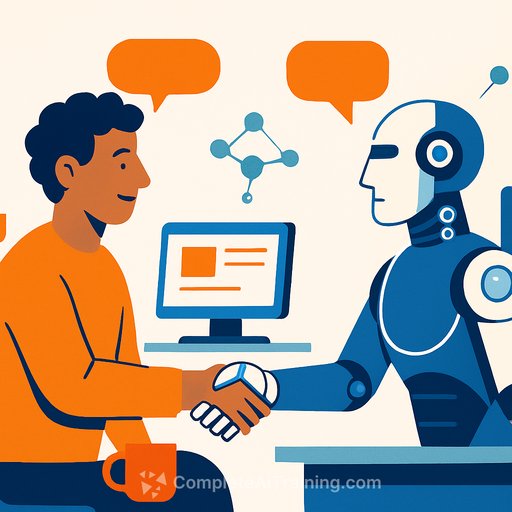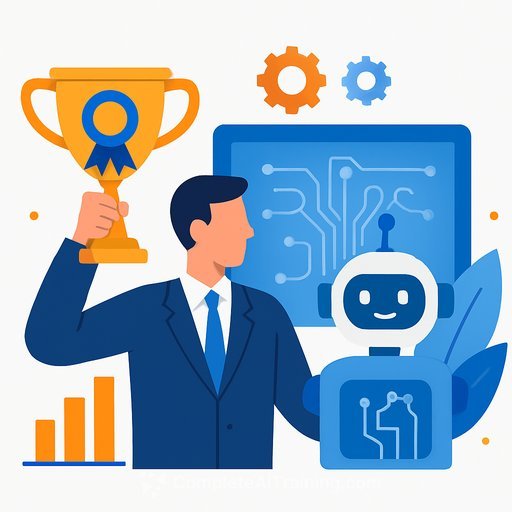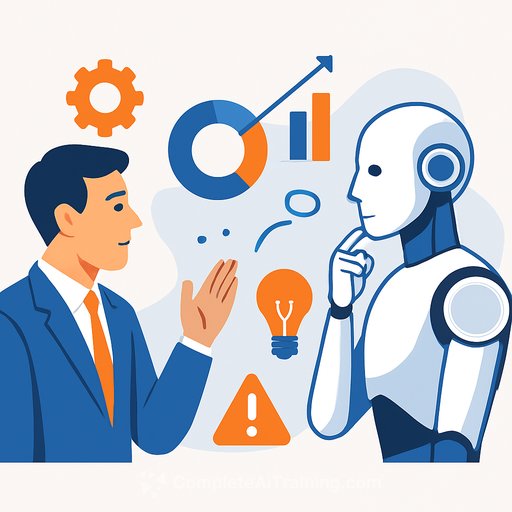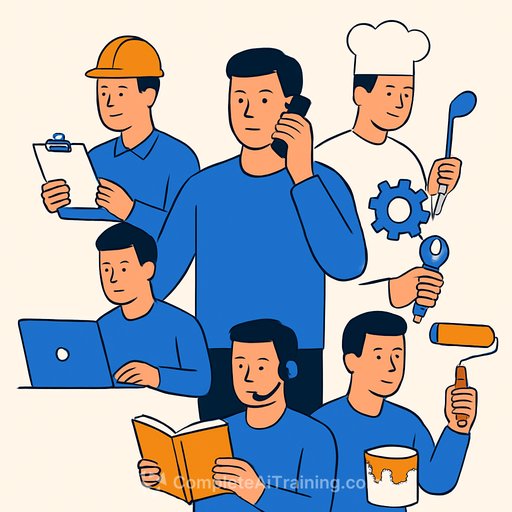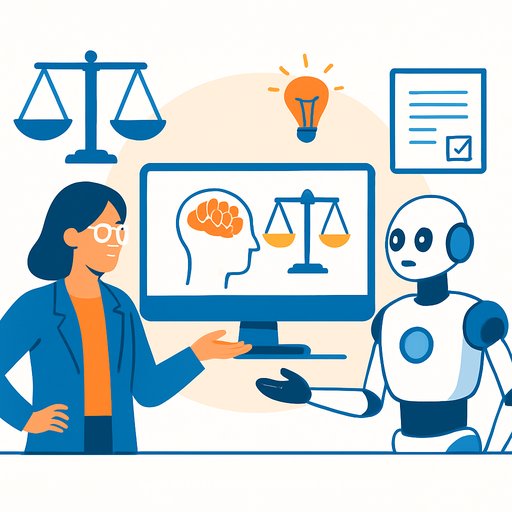The Heart of Business: Human Connection in the Age of AI
Amid the constant flow of virtual meetings and task automation, it’s easy to overlook what truly drives business success: human connection. A quick chat by the coffee machine, a spontaneous question from a new hire, or a shared laugh over a colleague’s pet photo—these small moments build the foundation for collaboration and spark innovation.
These interactions foster trust, creativity, and mutual understanding, bonding individuals into effective teams. Yet, as AI reshapes the workplace, there's a risk of losing these vital social exchanges. Treating human connection as secondary puts not only employee satisfaction but also long-term organizational performance at risk.
AI as an Enabler, Not a Substitute
AI brings undeniable benefits. In HR, it streamlines recruitment, optimizes feedback, and simplifies complex data processes. By 2027, Gartner predicts that 25% of professional roles will be augmented by AI. Automation cuts inefficiencies and reveals insights beyond human reach.
But technology shouldn’t replace human connection. AI can handle tasks, but it can’t coach a struggling team member, detect hesitation in a voice, or share perspective over lunch. Over-reliance on automation risks weakening the social fabric that keeps teams strong. The subtle emotional cues that build trust and cohesion can’t be programmed.
The goal is to use AI to free up time for meaningful human interactions, not eliminate them. Technology should enable more coaching, mentoring, and empathy—not less.
The Critical Role of Presence
AI can accelerate knowledge transfer but can’t teach the nuances of client relationships, difficult conversations, or the confidence gained from real-time feedback. These skills develop through experience—observing, shadowing, and reflecting alongside seasoned colleagues.
They require human presence, emotional intelligence, and contextual understanding—qualities no algorithm can replicate. Increased freedom in the workplace calls for more coaching and support, not less. Informal moments like corridor chats, post-meeting debriefs, and casual catch-ups shape future leaders, especially early-career employees. Without these, new hires may feel disconnected from culture and guidance.
Designing Office Time with Intent
Hybrid work offers clear benefits. A 2024 Gallup report shows most employees with remote options expect flexibility. Work-life balance improves, and many find focused tasks easier at home.
However, office time must have purpose. Leaders should create spaces where collaboration and culture thrive. This means rethinking physical spaces to encourage shared learning, interactive meetings, and casual conversations.
Well-designed offices are more than a place to work—they are hubs for connection, learning, and growth. Making office time meaningful helps keep teams engaged and connected.
Trust and the Human Element
Trust is the foundation of high-performing teams. Research from MIT Sloan shows teams with high trust are more productive and engaged. This makes the human element in HR and leadership crucial.
Employees need to feel seen, heard, and supported. Routing every question through chatbots or portals risks dehumanizing the workplace, leading to declining trust and engagement, and ultimately hurting performance.
Physical presence isn’t about monitoring—it’s about support. Showing up when it counts builds a culture of psychological safety and belonging. It sends a clear message: people, not just productivity, are at the center of business.
Human Connection as a Strategic Priority
The future of work will be defined by how well organizations balance AI with humanity. Digital tools should support—not replace—the relationships that drive success.
Businesses that thrive will be those that keep people front and center. This means creating office experiences worth attending, building cultures of trust, and valuing those shared ideas over a cup of coffee.
For HR professionals looking to deepen their knowledge on effectively integrating AI without losing the human touch, exploring practical AI courses can be valuable. Resources like Complete AI Training's latest AI courses offer insights on balancing technology and people management in the modern workplace.
Your membership also unlocks:

